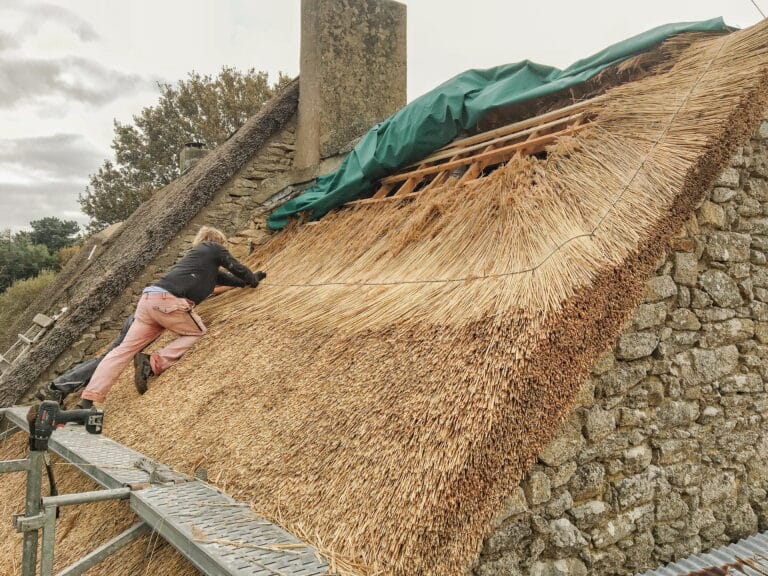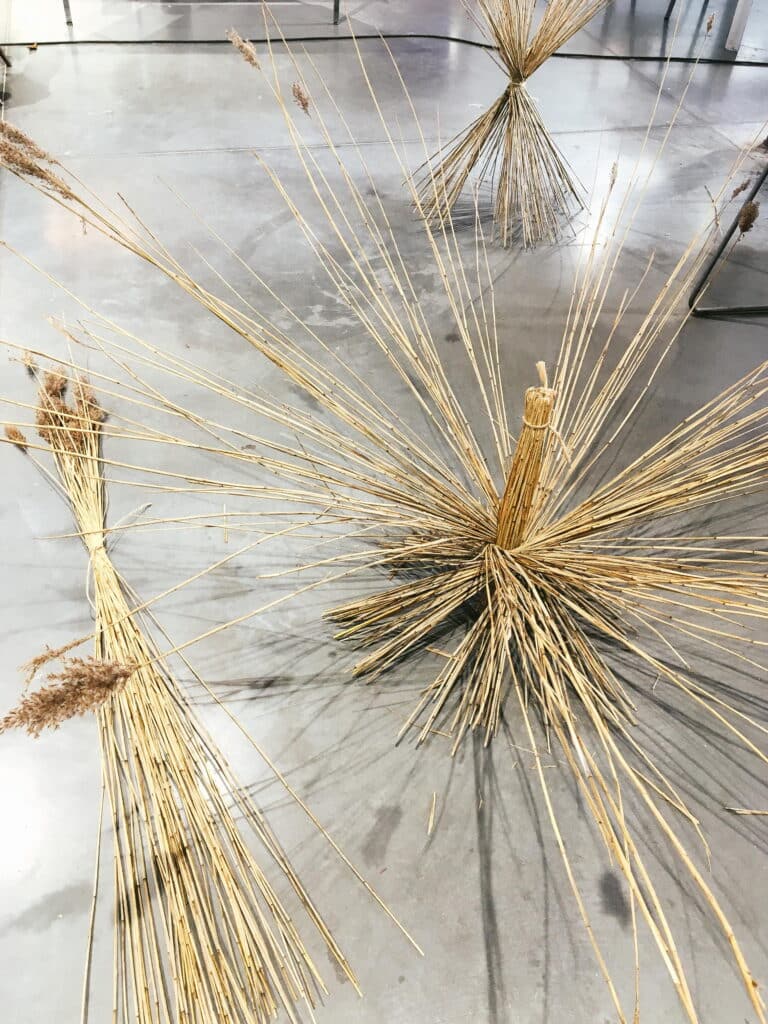Ecosystems, climates and bio-/geo-resources as vectors of architectural and constructional transformations and innovations

Presentation
Scientific leaders: François Fleury and Sophie Cambrillat
The École nationale supérieure d'architecture de Normandie has made it a major objective of its educational project to strengthen the consideration of environmental issues throughout the course.
This has been reflected in particular in the Bachelor's degree by theappearance of new courses in the field of materials and energy management, and in the Master's degree by the restructuring of fields of study which make this concern an essential element of the synergy between teaching and research.
The Renewable Natural Resources, Climate and Architecture Chair is more specifically linked to the "Experimentation" and "Trans-Form" fields of study, which are concerned respectively with the place of experimentation in the design process and intervention on existing buildings.
It is also within the framework of the Chair that several theses are in progress, both on the architectural potential of renewable natural materials and on intervention strategies aimed at mitigating adaptation to climate change.
Objectives
To contribute to the genesis of an architecture that takes advantage of its geophysical, human and economic context so as to reduce its environmental impact while assuming its status or relationship to the common good and improving its qualities of comfort and expression.
In terms of environmental impact, priority is given to the reduction of greenhouse gas emissions as a local contribution to the mitigation of global climate change.
This issue, to which the evolution of national regulations responds and which is implemented at the regional level through policies for the development of local resources for construction and territorial regulations, poses the challenge of low-carbon architecture, which combines the control of energy consumption and the use of materials with low environmental impact.
The challenge lies in the obsolescence of the current usual construction models and the need to rethink urban forms, built forms and the project approaches from which they derive in coherence with the specificities of the site, the know-how, the available local resources: bio-resources, geo-resources, re-use, existing buildings, climate.
The training of architects to master the potentials of these resources is necessary to the constructive critical spirit and to the approaches of innovations in the field of architecture.
The aim is to promote access to specific knowledge for architects and researchers who are aware of and committed to ecological and ecosystemic construction, in conjunction with partners who have research or expertise in similar or complementary areas.

The Hypothesis Booklet
To find out more, visit the dedicated website for all the news of the Chair, as well as newsletters, focus groups and many other resources.

Main partners
- Regional Natural Park of the Cotentin and Bessin marshes
- Metropole Rouen Normandie
- Unilasalle School of Engineering
- Builders School of Engineering (ex ESITC)
- ARPE Association
- Social landlord Habitat 76
- House of Architecture Rouen - The Forum
- CAUE76